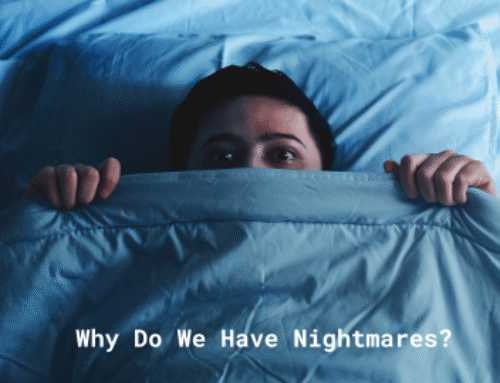Help for Treatment-Resistant Depression
One of the psychiatric treatments we offer at RHP is TMS. TMS is transcranial magnetic stimulation, a non-invasive procedure where a magnetic coil is passed over the scalp, particularly the frontal cortex, to stimulate the parts of the brain that help govern mood, disposition, and sensory processing. This treatment is usually done if other methods have not produced the desired results or have ceased working like they used to.
Major medical insurance carriers currently cover TMS for major depressive disorder (MDD), but not other disorders that may or may not be comorbid with depression. One of these conditions that is not covered is bipolar disorder.
Bipolar disorder, also called manic depression, is a form of depressive disorder that manifests itself as changes in moods that swing between extremes. Sufferers experience periods of intensely low moods, sometimes to the extent of self-harming or other destructive behavior. This will shift back toward equilibrium, then move into a period of high moods that can also include negative behavior like overspending.
Treatments for Bipolar Disorder That May Be Covered by Insurance
Most major medical insurance plans cover mental and behavioral health services like these:
- Outpatient individual therapy is based on regular meetings with a therapist.
- Outpatient group therapy has a group of people going through similar issues meeting together with a therapist.
- Outpatient family therapy involves the patient and their family members meeting with a therapist to learn about how to support their loved one.
- Medication and psychiatrist sessions. The patient will meet regularly with a psychiatrist to put together a treatment plan with the right medication.
No Health Insurance?
If you don’t have major medical insurance and need mental health services, you have options.
- Community/public clinics funded by taxes that offer medical and mental health care.
- The Affordable Care Act (ACA) has made Medicaid more accessible in certain states and provided subsidies for health coverage.
- Check with your workplace about the benefits on offer. You might be covered under a spouse’s plan as well.
- Some mental health medications are available in generic form, so tell your psychiatrist if you’re having trouble affording your medication. Some manufacturers offer payment plans or patient assistance programs.
There Is Care for You
Contact us today to learn more about your treatment options for bipolar disorder. If you have not been diagnosed but are having symptoms like extreme mood cycles, talk with a general physician. They can give you a referral to a therapist and/or psychiatrist. Be sure to be candid with your doctor about any difficulties you have with transportation, or finances, or anything that makes it harder for you to access treatment. If you are feeling unstable or like you might hurt yourself or someone else, call the Lifeline at 1-800-273-8255. The Substance Abuse and Mental Health Services Administration (SAMHSA) has a national helpline at 1-800-662-4357. Both can provide immediate support as well as referrals to treatment locations near you.




